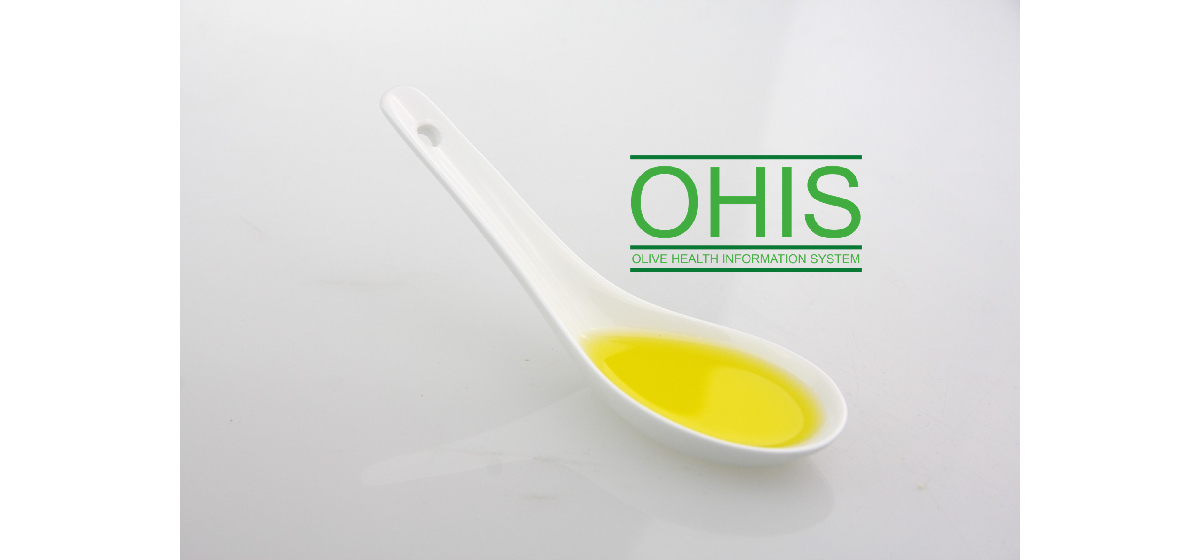The first article that we want to highlight this week is a systematic review that examines the role of polyphenols in the Mediterranean Diet with respect to human and planetary health. It advocates for a transition to a sustainable and resilient food system, with the adoption of more sustainable diets, such as the Mediterranean diet. It also pinpoints the upcoming challenges linked to a more massive adoption of the Mediterranean diet. Climate change and overharvesting are some of the potential issues facing a sustainable exploitation of Mediterranean plants, some of which are already threatened. Strategies are suggested, such as promoting responsible marketing and consumer literacy, and collaboration between different entities is emphasized as necessary for achieving this goal.
A concrete example of the beneficial effects of these phenolic compounds are described in another article. This is an analysis carried out in the SUN cohort, in which the effects of these compounds on the incidence of type 2 diabetes are examined. This article describes olive oil as one of the foods that provides the highest number of polyphenols. In their conclusions, the researchers suggest that a moderate-high intake of stilbenes (primarily from red wine) can decrease the risk of developing T2D in subjects over 50 years.
Another cohort study of this week also establishes a protective effect of the Mediterranean Diet against diabetes, but, this time, Gestational Diabetes. In this prospective cohort of pregnant women, the researchers find that a higher pre-pregnancy adherence to a Mediterranean Diet, especially with less meat consumption, could have a protective effect on the occurrence of Gestational Diabetes.
Click HERE to see the latest posts…









